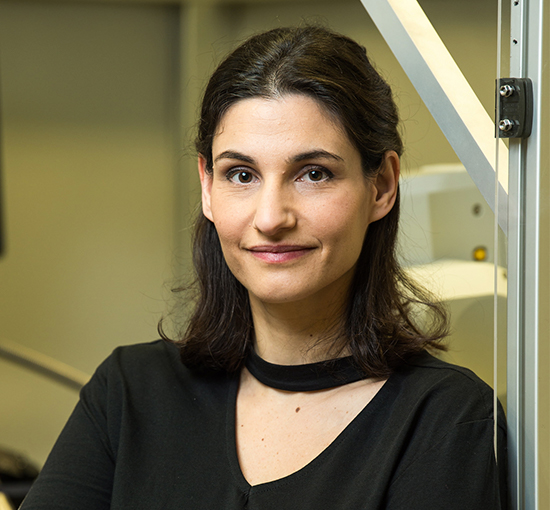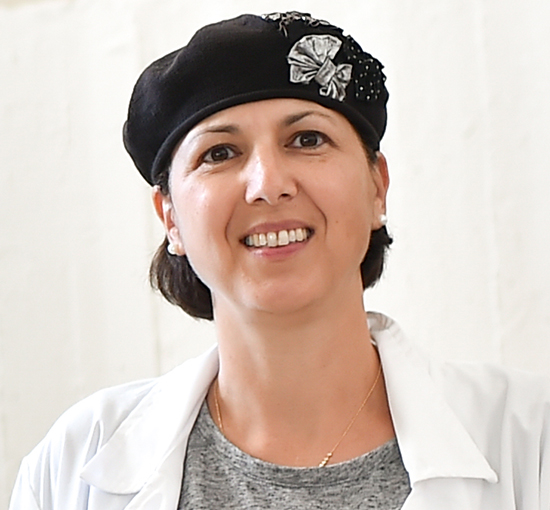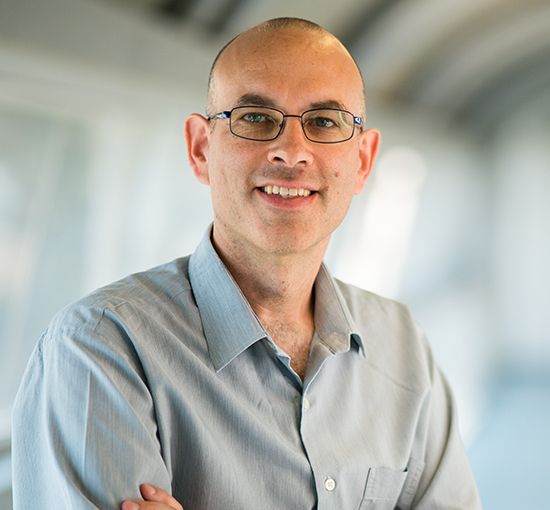Antibiotics remain a powerful weapon against bacteria, but their overuse has led to the spread of dangerous antibiotic-resistant strains. Nearly 3 million antibiotic-resistant infections occur each year in the U.S., resulting in 35,000 deaths. Technion researchers are developing new methods to fight bacteria without encouraging antibiotic resistance.
Associate Professor Meytal Landau and her team have discovered a novel way to combat bacteria like Salmonella by repurposing a class of drugs known as anti-amyloids, currently under development for slowing Alzheimer’s disease. Their approach inhibits the formation of bacterial biofilms, which are similar to the amyloid protein aggregates associated with Alzheimer’s. Because her method neutralizes but does not kill bacteria, Prof. Landau hopes it will discourage the rapid evolution of antibiotic-resistant bacteria.
Other Technion researchers are making advancements in the field:
- Professor Roy Kishony is using genetic mapping of bacterial resistance to antibiotics to develop customized drug treatments. He and his team are also researching the efficacy of “antibiotic cocktails” to determine the most effective combination of drugs for a particular patient.
- Using technology developed by Professor Shulamit Levenberg, Nanosynex is commercializing a diagnostic test kit that determines which bacteria in a patient’s body is resistant to which antibiotics — in just four hours. Getting it right the first time controls the overuse of antibiotics, hampering drug resistance.



